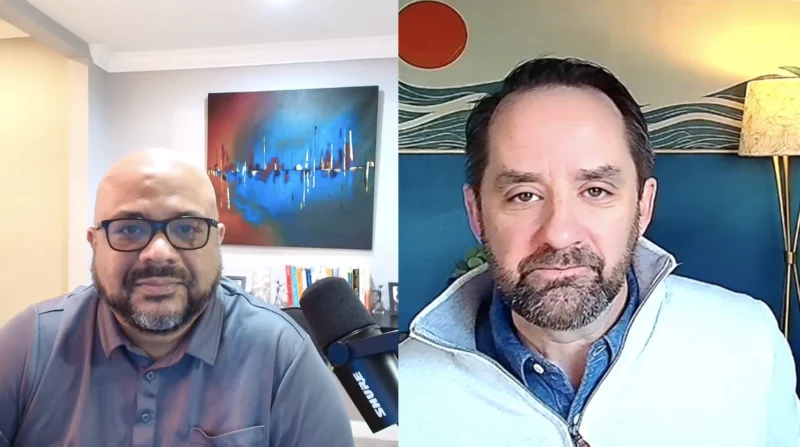With China’s Economy in a Funk, International Investors May Find Better Luck in Japan
Getting a gauge on China’s economy can feel like finding a needle in a haystack. As geopolitical and economic tensions rise between the U.S. and China, western economists more frequently signal a slumping Chinese economy and end of a growth era, while Chinese mainland analysts paint a more positive outlook for China’s long-term economic development plans. Regardless, this uncertainty isn’t good news for international investors. There are still plenty of opportunities, though, and Japan might be a great place to start.
In the wake of China’s supposed prolonged economic stagnation, investors should reevaluate their strategies for international investments, especially in developing economies. As the world’s second-largest economy struggles to rebound post-COVID, a downturn in major Chinese stock indexes like the S&P China 500 and MSCI China is a cautionary tale. Diversification remains paramount; while spreading investments across industries and companies is essential, geographic diversification is equally crucial to mitigate risks and tap into global growth opportunities.
So, what role can investments in companies in developing economies play in a larger portfolio strategy in this current international and domestic economic climate?
Taylor Herzog, Founder and Chief Investment Officer at TYME Advisors, says the wise investor may want to seek opportunities in the Japanese market.
Taylor’s Thoughts
“Relative to China, by the way, I think it’s important to point out that the stagnation of the returns in the past three years isn’t just the past three years. In fact, it’s over the past 30 years. So, over basically trailing 30 years, the S&P is up 900% versus the China index being up 200%. That’s despite China’s GDP growth growing orders of magnitude more than the U.S., and they have more debt than we do. I think the point you’re bringing up is important, but it’s far more severe than just the past three years; it’s the past 30, which I think speaks to the importance of your process and framework when you want to determine how to allocate profit. And that’s both long and short.
The best way to approach it is to have a very large toolkit, which means are you capable to go across all asset classes geographies and take both directional positions, meaning long and short. If you can do all that, then your opportunity set is so much greater, and the odds of success are a lot higher. So, for example, in that specific case, we think right now Japan is a far better long choice than the U.S. So again, let’s say for the past 30 years, their sales are only up about 1.1x, but their profits are up about 11x. And this compares to the U.S., which has 3x sales but only up 3x profits. So, from that perspective, it’s far more attractive. Also, you could have those characteristics and pay a far lower earnings multiple relative to the U.S.
But this isn’t just academic; it’s also performance, too. If you look at the trailing ten years of history in Japanese equities, Japanese equities have outperformed both the U.S. and Europe and emerging markets by a large margin, meaning low double-digit rates of return for Japan versus mid to low single digits for all those other places I mentioned. Then add all that up, and that’s combined with Japan effectively extinguishing on the corporate side their net debt versus the U.S., whose corporations have largely levered up. So, in terms of fundamentals, Japan has gotten higher quality across everything I just said, whereas the quality of the U.S. has degraded.
Also, I think it’s important relative to what we talked about in interest rates; the U.S. built up all that debt during a ZERP environment. Now rates are higher, so that makes it far more fragile. And then, if you also look at just CEO compensation, Japan’s CEO compensation relative to their average employee is about 50x, but that compares to the U.S. at 400x. So, this just shows you that Japanese equities are far more shareholder-friendly because they’re not using shareholders as a means to extract wealth to pay the CEO. Add on top of all that, Japanese equities are increasing both their share buybacks and dividend payouts. This is all great for the common shareholder, and this was done while eliminating their net debt. And these are all amazing fundamental characteristics.
Then, on a macro level, Japanese labor productivity has annualized at 2.2% for the past 20 years, meaning they’re more productive with their labor. For the same period, the U.S. is at zero. We look at that and just think with a good macroeconomic framework and being able to analyze on the bottom up, we look at this and think at this time by now, Japan is far more attractive relative to the U.S., especially in the context of where rates are.”
Article by James Kent








